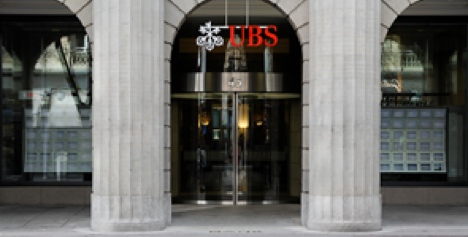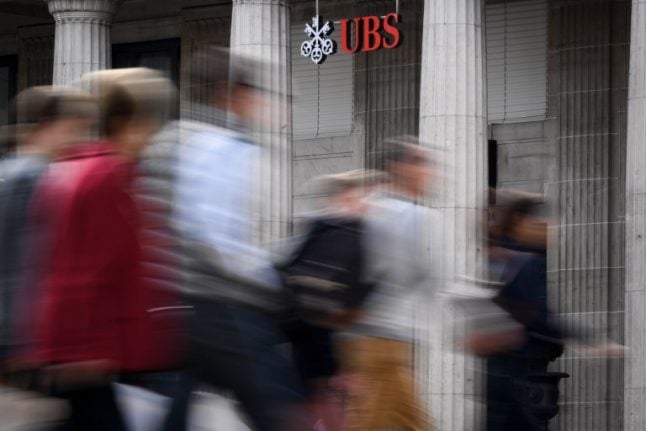The bank said its net profit hit 1.98 billion francs ($2.11 billion), compared with 1.05 billion francs in the first three months of 2014.
The results were far higher than the 1.1 billion francs forecast by analysts polled by Swiss financial agency AWS.
Operating revenues, equal to turnover, climbed 22 percent to 8.8 billion francs, UBS said.
“I’m pleased with the strong quarter,” CEO Sergio Ermotti said in a statement.
“We stayed close to our clients, we stayed disciplined on risk and we delivered across all businesses and regions,” Ermotti said.
“The results again demonstrate the benefits of a strategy defined early and executed with a focus on long-term value creation.”
The bank's strong numbers were aided by its wealth management unit, which recorded its best results in seven years.
UBS began refocusing its business on wealth management back in 2012 through a restructuring process that was completed earlier this year.
The bank, which needed a massive government bailout in 2008 to stave off bankruptcy, said it "continued to demonstrate its fundamental earnings power and ability to perform for its clients in a variety of market conditions".
Despite the introduction of negative interest rates by the Swiss National Bank in Switzerland, in a bid to dampen the rise of the strong franc, UBS said its retail and corporate division had its best first quarter in five years.



 Please whitelist us to continue reading.
Please whitelist us to continue reading.
Member comments